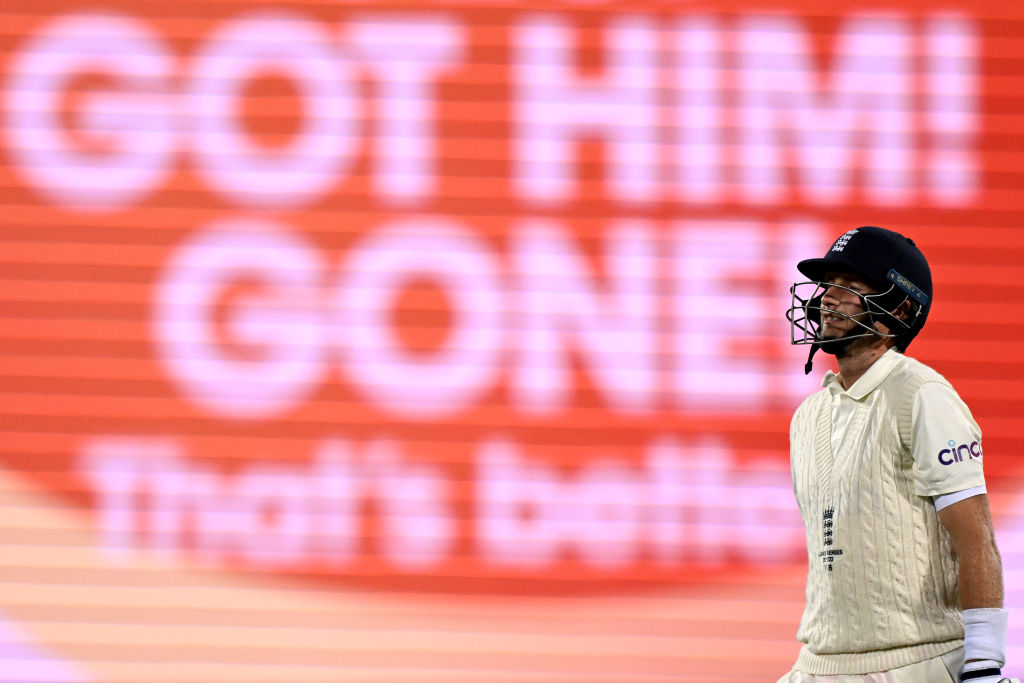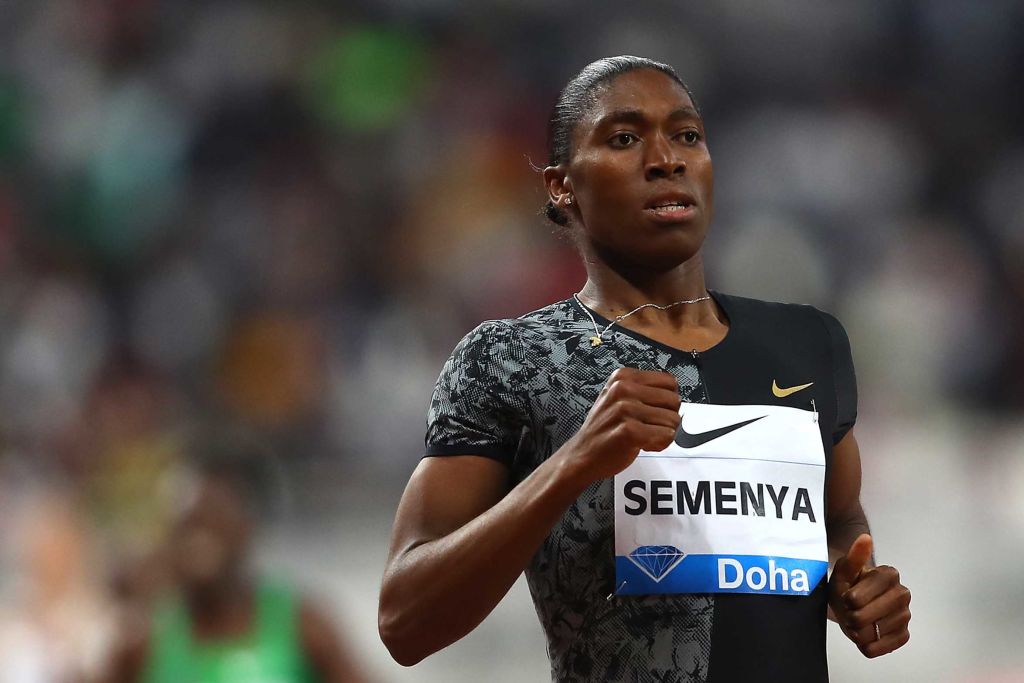Ed Warner: Stand up for English cricket

Wanted: someone to stand up for English cricket. National governing body the ECB is hunkered in its bunker, losing the PR battles over racism and the Ashes debacle. This simply won’t do.
Challenging though the circumstances are, the sport needs visible leadership with a strong voice, prepared to defend what is good about it while acknowledging the need for change.
Azeem Rafiq continues, understandably, to be well received by the media and politicians alike. With every profile piece the standing of the sport’s governing body, and the professional game generally, sinks lower. If in doubt, check out Rafiq’s interview in The Guardian last weekend.
The ECB has updated MPs on progress against its 12-point plan to tackle racism, but its sotto voce approach risks cratering the rest of its work – not helped either by the dismal showing from the Middlesex chair in front of those same politicians this week.
Context is all, and the ECB seems unwilling to risk the brickbats that will come its way if it tries to provide it. But provide it it must, or fans, families and sponsors will drift away from English cricket for a lack of joy when they contemplate the sport and what it might offer them.
The rubble of this winter’s Ashes is an unhelpful foundation on which to try to rebuild interest and excitement. Here too, though, the ECB is misstepping. Read reports from journalists who were Down Under and you can see the briefing and counter-briefing that has gone on.
Chief executive Tom Harrison was in Australia for weeks, we are told – shows commitment! – but sources claim he stayed in a better class of hotel than the team – who does he think he is?
What a depressing, confected farrago, capped by frothing at the players’ end-of-tour drinking session as filmed by a cigar-toting coach – a story allowed to balloon for a simple lack of grip.
The ECB chair, Ian Watmore, resigned last October under pressure from the counties. Three months on, the governing body has yet to advertise for his replacement.
What lovers of English cricket want and need to see is leadership with a clear plan to address the malfunctioning Test team; deliver a summer calendar whose logic is clear (and not just driven by money); support progressive, viable counties; and nurture a vibrant grassroots game whose culture the nation can be proud of. And the courage and conviction to shout this all out loud.
Fair play?
Over to the Bush Theatre in West London last weekend for the final night of Fair Play, an invigorating production whose two young actors presented a more balanced view of the debate around DSD (Differences of Sexual Development, often called intersex) athletes than any I’ve seen in the media since Caster Semenya’s controversial arrival on the world stage in 2009.
Sport in the theatre usually struggles to recreate both the athleticism and technicalities of the real thing. No problems of that sort here. Playwright Ella Road didn’t make a single misstep to my athletics-tutored eye, and actors Charlotte Beaumont and Nick King brought an energy to exhaust the watching audience.
Most importantly, the two sides of the fairness debate received an equal airing, which served to emphasise that there is no absolute right or wrong when it comes to female DSD athletes with elevated testosterone levels. Where do advantages – from physique to finance to upbringing – begin and end in sport? Where does gender begin and end?

I’ve always been highly sympathetic towards Semenya’s case, in part because I witnessed first hand the shabby treatment of a vulnerable young woman by the IAAF (now World Athletics) and the globe’s media in the immediate aftermath of her 800m gold at the Berlin World Championships – not to mention the insensitivity of certain coaches and rival athletes. Fair to say, I’m very much in the minority in athletics circles on this one.
The play is timely. Only last week a group of medical experts criticised the International Olympic Committee’s new framework addressing fairness with regard to gender identity. The framework contains guidelines which effectively challenge the use of testosterone levels to determine someone’s right to compete in female events.
Testosterone has been the yardstick used to exclude Semenya and other DSD athletes from athletics, requiring them to use suppressants to reduce their levels if they wish to race over certain distances. The IOC guidelines might just open the door for their return.
The language of this dispute remains robust, unhealthily so. And legalistic. If a video of Fair Play exists, it should be required viewing to help temper the debate. If not, perhaps World Athletics and the IOC might together commission one from the Bush Theatre before the cast and creatives turn to their next projects.
Seine and sensibility
I stumbled across a rather obscure study this week ranking the world’s countries according to their overall success in elite sports, from the United States at No1 down to the Marshall Islands at No206. Britain popped up one place to second in 2021, swapping positions with France.
If you’d like to satisfy your inner Statto, you can check out the results and methodology here.
You can be sure the French public won’t be watching this particular table during the Paris Olympics in two and a half years’ time. Instead they will be whipped into an obsession with the immediate medal table – and here France has a mountain to climb.
Instead of the traditional jump up at the Games ahead of a home edition, the French Olympic team dropped from seventh to eighth in Tokyo, winning only 33 medals against 42 at Rio 2016. It won a single silver in each of the marquee sports of athletics and swimming and just two bronzes in cycling, a national obsession.
It will take more than the glamour of an opening ceremony along the Seine for the Paris 2024 Games to be considered a triumph within France, and time is desperately short.
Ed Warner is chair of GB Wheelchair Rugby and writes at sportinc.substack.com.
